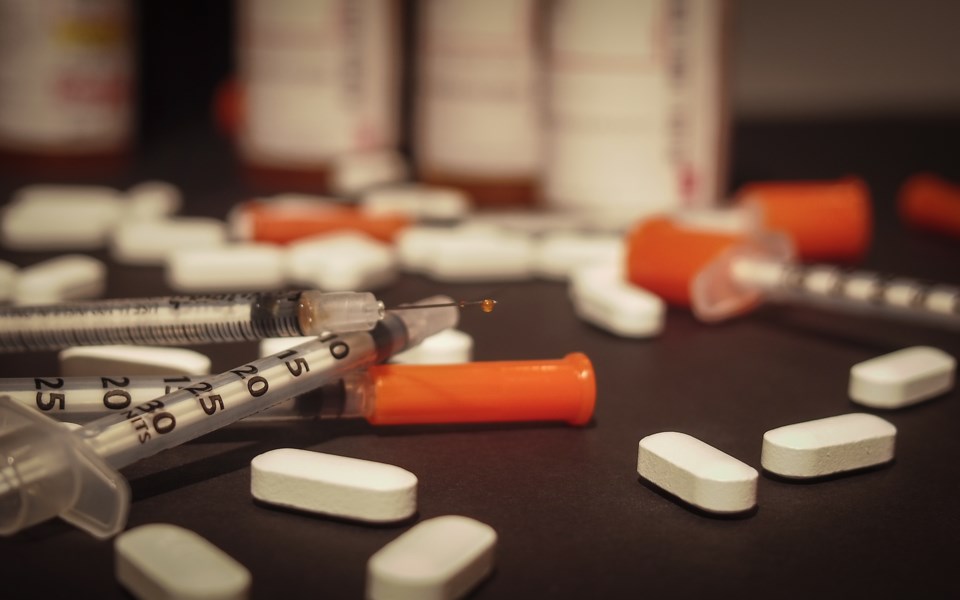The numbers are dire.
Last week the B.C. Coroners Service reported that 2020 was the province’s worst year for deaths due to the overdose crisis.
There were 1,716 deaths, representing a 74 per cent increase over the number of deaths recorded in 2019. Fentanyl was detected in more than 80 per cent of illicit drug toxicity deaths last year.
Delta had 14 deaths in 2019 and 19 deaths in 2020, according to the statistics released.
The toxic illicit drug supply in this province has also claimed more lives than motor-vehicle crashes, homicides, suicides and prescription-drug related deaths combined.
In 2018, the Delta Overdose Community Action Team (DCAT) was established as a community-driven collaborative group, co-chaired by Deltassist and FHA. They have worked hard to develop an evidence-based action plan to address the impacts of COVID-19 on the overdose situation in Delta. But it is clear when you look at the numbers from the Coroners Service, more needs to be done.
Recently, Delta Mayor George Harvie reiterated a call by the provincial government and other municipalities for the federal government to recognize the overdose crisis as a national public health emergency, and work with the provinces to develop a comprehensive plan to address this issue.
This is a step in the process, but it is just that…a step.
As a community we need to be demanding more out of our political leaders. So that means continuing to press Delta council for more support at the local level, continuing to press more action from our provincial leaders, and from our federal leaders.
We are in the midst of a global health crisis in COVID-19, but there is another crisis right here in B.C. and here in Delta that demands more attention.
I’ll admit that I don’t have all the answers, but clearly more needs to be done to shine the spotlight on this crisis.

